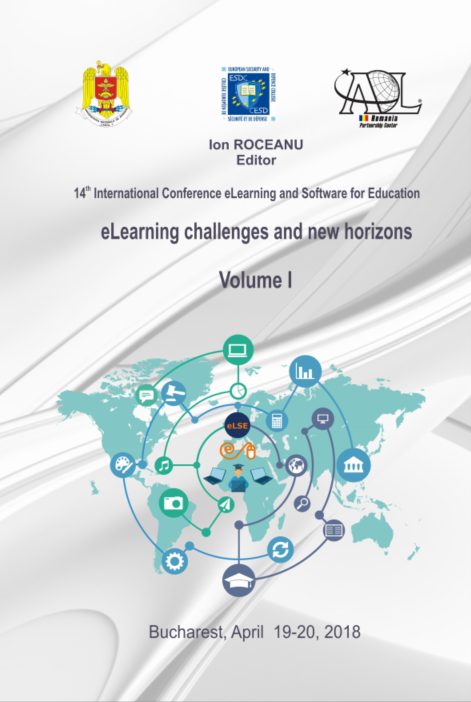The Design and Implementation of Gamified Classroom through Schoology Platform
The Design and Implementation of Gamified Classroom through Schoology Platform
Author(s): Noor Hanim ISMAIL, Siti Nazleen Abdul RabuSubject(s): Social Sciences, Education
Published by: Carol I National Defence University Publishing House
Keywords: Gamification; Gamified classroom; Game mechanics; Game elements;
Summary/Abstract: The use of gamification in educational context has attracted increasing interest and reports on gamification in education are generally positive. However, not a lot of information has been written about the design and implementation of a gamified classroom, as well as the theoretical foundations and standards for practice. Accordingly, this topic requires further study. With the intention to improve students' participation, engagement, motivation, enjoyment, and learning achievement, this study redesigned and gamified Instructional Design and Delivery course with 16 master's level students that is normally conducted in a traditional two-hour frontal lecture approach. The Instructional Design and Delivery course aimed to introduce students to the various instructional design theories and models from the objectivist and constructivist perspectives. The gamified classroom for this course was designed based on the MDA framework which had been adapted and utilised to balance the gamification design. The design of the gamified classroom was guided by three foundation components in the MDA framework, namely game mechanics, game dynamics, and aesthetics. Moreover, the ARCS model of motivation, model of learner engagement, and flow theory were also integrated into the design. This study reported how six game mechanics – challenges, teams, leaderboard, badges, level points (LPs), and experience points (XPs) – were applied and structured in this gamified classroom using Schoology learning management system. This study will help educators to have a deeper understanding of the design and implementation of a gamified classroom. Educators may refer to this study as their guideline to effortlessly plan, design and develop gamified classroom learning experience in the future that would allow them to control and anticipate the students’ desired behaviours and outcomes.
Journal: Conference proceedings of »eLearning and Software for Education« (eLSE)
- Issue Year: 14/2018
- Issue No: 01
- Page Range: 279-286
- Page Count: 8
- Language: English

